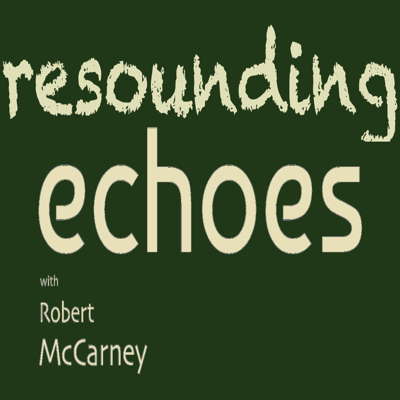- Moshe Atzmon
- Musical Tidbits
- Theatre Royal
- Samuel Coleridge-Taylor
- Auden
- Welsh National Opera
- Tchaikovsky: Dance of the Sugar-Plum Fairy
- Minnesota University
 DISCUSSION: What is a work? John Dante Prevedini leads a discussion about The performing artist as co-creator, including contributions from Halida Dinova, Yekaterina Lebedeva, Béla Hartmann, David Arditti and Stephen Francis Vasta.
DISCUSSION: What is a work? John Dante Prevedini leads a discussion about The performing artist as co-creator, including contributions from Halida Dinova, Yekaterina Lebedeva, Béla Hartmann, David Arditti and Stephen Francis Vasta.
 RESOUNDING ECHOES: Beginning in 2022, Robert McCarney's occasional series features little-known twentieth century classical composers.
RESOUNDING ECHOES: Beginning in 2022, Robert McCarney's occasional series features little-known twentieth century classical composers.
Henry Cowell
'I want to live in the whole world of music.' - Henry Cowell
American composer, impressario, musicologist, pianist, publisher and teacher Henry Dixon Cowell was born in Menlo Park, California on 11 March 1897. His parents were both writers, and his father, an Irish immigrant, introduced him to Irish music. His mother taught him at home, and he received no formal musical education, but began to compose in his teens.
Cowell was a musical pioneer and innovator, writing note clusters for the piano and exploring aleatoric procedures, atonality, polyrhythms, polytonality, rhythm-harmony, 'string piano' techniques and non-Western modes.
He was a great influence on other composers, including Béla Bartók, John Cage, George Gershwin, Lou Harrison and Conlon Nancarrow, and in 1927 he founded the periodical New Music Quarterly. Charles Ives helped to finance this, plus several of Cowell's other projects. By 1928 he led a group of ultra-modernist composers which included Carlos Chávez, Carl Ruggles, Carlos Salzedo, Edgard Varèse and Emerson Whithorne. In 1934 he created a record label, New Music Recordings.
In 1936 he was arrested and imprisoned on a 'morals' charge for sex acts with teenagers. He spent four years in San Quentin State Prison, during which he continued to write music at a fast pace, producing about sixty compositions. He also directed the prison band and taught fellow inmates. This period had a great effect on him, and his later music became less radical and more conservative, traditional, simpler and often based on American folk music, but he continued to incorporate non-Western idioms. The well-known series of Hymn and Fuguing Tunes date from this later period.
Cowell died in Shady, New York on 10 December 1965, aged sixty-eight.
A selection of articles about Henry Cowell
Resounding Echoes by Robert McCarney - Total Control
Resounding Echoes by Robert McCarney - The blood-dimmed tide
Music as a Form of Magic - Larry Sitsky: Late Piano Pieces - Second Series 2022-2023
Classical music news - American Invention - The New York Virtuoso Singers present a February 2023 concert of first performances
Ensemble. Museum Culture? - Experimental music by Cage, Cowell, Feldman, Rzewski, Satie and Wolff, heard by Malcolm Miller
Record Box. Gentle and Meditative - Music by Peter Dickinson, reviewed by Patric Standford
Ensemble. Energy and Style - A concert by the Boca Raton Philharmonic Symphonia, reviewed by Lawrence Budmen
CD Spotlight. Exquisite quality - Music played by the Kandinsky Trio, recommended by Patric Standford. '... one of the most attractive chamber music recordings ...'
Record box. Tour-de-force - Patric Standford listens to recent music for solo flutes, played by Nancy Ruffer
Essential Cowell - Gordon Rumson reads from the American composer's selected writings 1921-1964

